For the past year, we have seen clubs padel deprived more and more raised by the policy of the French Tennis Federation vis-à-vis the municipal tennis clubs.
If you don't need not fall into caricature nor oppose the different structures, the clubs of padel private individuals believe that FFT “destabilizes the padel to the point of having consequences for the finances of certain private clubs ”.
We will try to take stock of what the private sector thinks. Then we will suggest solutions to find a better balance.
Note that we have removed the names of the clubs and the authors of remarks in this article at their request.
Private / Municipal clubs: Same fight!
We will perhaps surprise with this sentence, but after a survey of all the actors of the padel, we realize that the words, the speech, the mentalities are often the same between private and municipal clubs. They are passionate, honest and want to develop the padel. It is the most important.
What the private clubs criticize the FFT for is “destabilize this good understanding via an unbalanced policy which sometimes opposes the private to the municipal ”.
At the FFT, we regularly criticize him “to support, to invest in the padel in municipal tennis clubs which are close to a sports center padel private".
Note, however, that many clubs padel municipalities are in conditions almost similar to a private club : The investment is made internally, without public aid and with a return on investment objective to repay the loans committed.
To go even further, we observe that in reality, many private clubs and municipal clubs think the same!
Subsidies with no real policy?
What is incredible is that municipal clubs regret that “the FFT, the regions, the municipalities do not think about the basis of a subsidy granted to a club in relation to its immediate environment".
Today we can see areas where there are several clubs of padel municipal buildings a few km apart. Bottom line, the players are scattered and it's bad for everyone instead of creating global relationships and partnerships in a region.
These words are incredible because they are the same as many private clubs who are annoyed to see the FFT “s'sometimes investing in regions where le padel is already very present versus demand".
The truth of one day will certainly not be the truth of tomorrow. The greater the demand, the more it will be interesting to propose an adapted offer, but one has the impression by listening to the clubs that the offer can take precedence over the demand and thus create instability in this sport, “a vicious circle where we see the atmosphere deteriorating because too many clubs and an atmosphere that takes a hit, it does not remind you of another sport? "
Many actors fear that “la FFT falls back. However, we have good experience with the FFT's politics with tennis. Today, it continues to pay for its policy of the 80s. And today, it is renewing its policy in the padel. If it continues like this, we will end up with a crisis in the padel even before our sport takes off".
Poorly organized aid
The clubs as a whole do not criticize the FFT for not doing. Better: The clubs recognize that the FFT invests a lot in the padel.
First, it must be recognized that the coming of'Hubert Picquier was a good thing for the padel. He was finally recognized by the FFT. Because until then, it was a bit of a big deal since it was nothingness.
The arrival of the elected official in charge of padel is clearly applauded by many actors of the padel. Hubert Picquier recognized it in 2018 and thus heralded a new era between padel and the FFT.
The problem is the general organization of this investment.
it lacks fairness and balance between clubs, players and different players in our sport
As private clubs, we are just good at developing the padel, to host the main competitions of padel, to pay, to communicate.
But if not, we have absolutely nothing from the FFT.
Result :
The players are diluted between several clubs of padel, and it's not good for anyone
Le padel needs people. It is a sport that is played at 4. You have to create an atmosphere before the match, but also after matches. However, the past has already proven that this FFT policy has its limits.
Subsidize, why not, but not in areas where there is already a large supply.
How can the FFT provide financial support to private clubs?
The FFT cannot subsidize private structures. It is not that she does not want to, but the law prohibits her from doing so.
This is why we offer other ways for the FFT, to also support private clubs.
Pay the right price to clubs
Just pay the price to the private clubs. Indeed, we realize that private clubs are enormously solicited by the FFT for the main competitions, the circuit FFT PADEL TOUR, etc. But that moreover, it is most often up to private clubs to make the effort to host these events.
Do you realize, for the FFT PADEL TOUR, the specifications are very tough for private structures. If you're not big with resources, you can't participate and in the end, it costs way too much!
The FFT could thus pay the services to the clubs of padel private at a fair price. It would already be an important step forward and a good way for the FFT to show the clubs that it is playing the game with them.
Propose financial endowments on large events
Today the P2000 are only offered via the FFT PADEL TOUR, the FFT has a monopoly on this type of category. But tomorrow, we anticipate that some clubs will push for the possibility of offering their own P2000.
The clubs will thus have the possibility of directly managing this type of tournament. Why the FFT would not be partner of these P2000s by providing for example the financial endowment ?
Easy to set up, the FFT is a partner and thus benefits from the enormous work carried out by the club. On paper everything looks perfect.
These are obviously proposals, do not hesitate to comment on them, criticize them and offer us others. We are takers!
Information concerning the contributors on this post: Unfortunately we had to remove all the names of clubs, club managers and players who were involved in this article.
Franck Binisti discovers the padel at the Club des Pyramides in 2009 in the Paris region. Since padel is part of his life. You often see him touring France going to cover the major events of padel French.




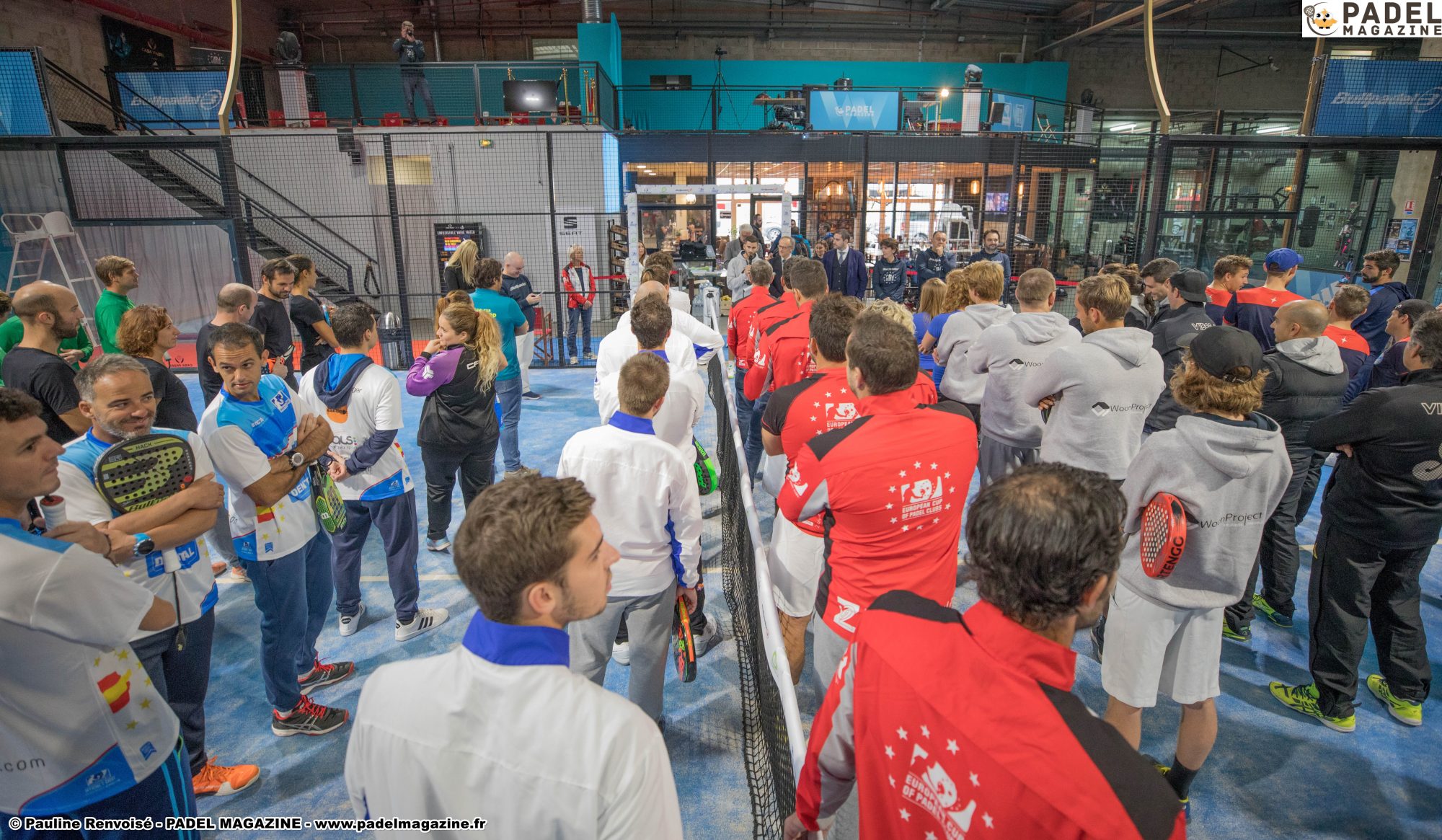












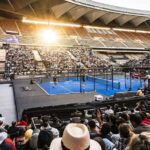












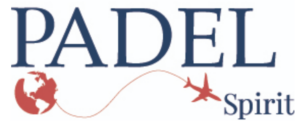
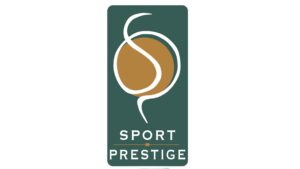

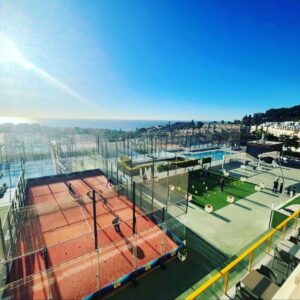




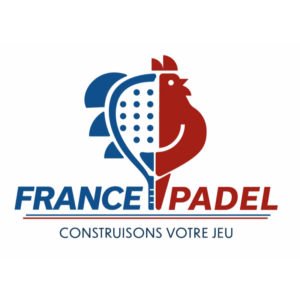





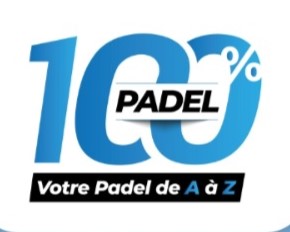




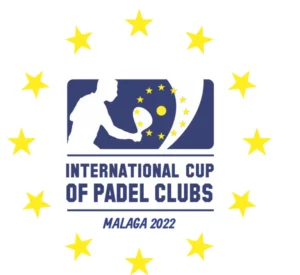




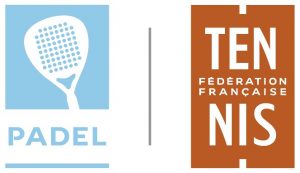



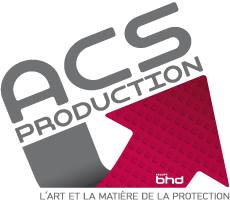










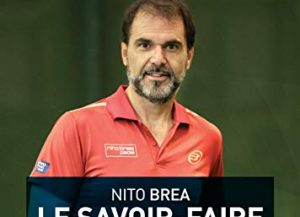
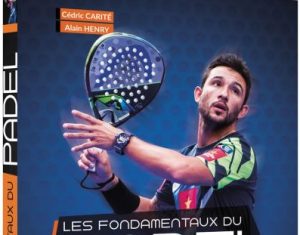


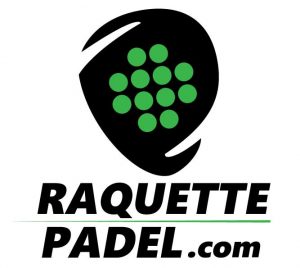







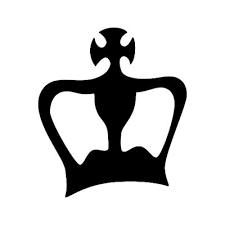


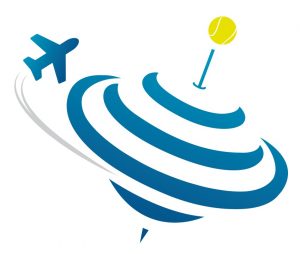
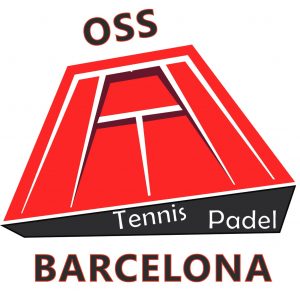
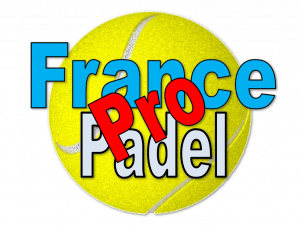




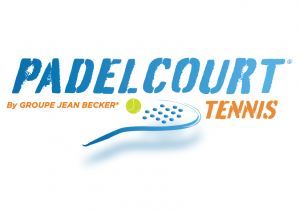


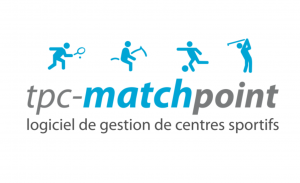

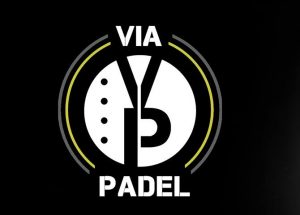




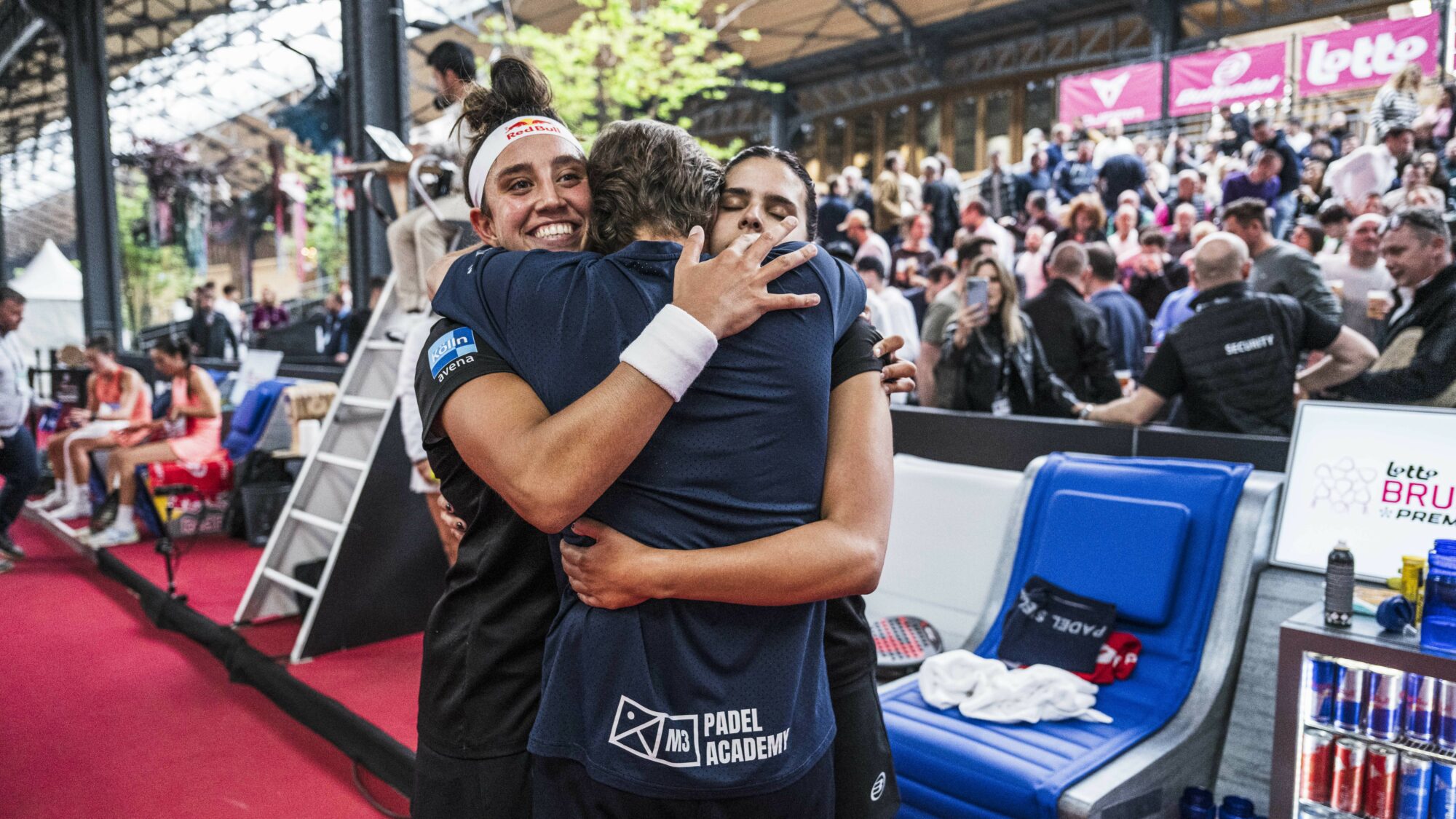 Brea / Gonzalez, the most prolific pair of the first quarter of the season for the ladies!
Brea / Gonzalez, the most prolific pair of the first quarter of the season for the ladies!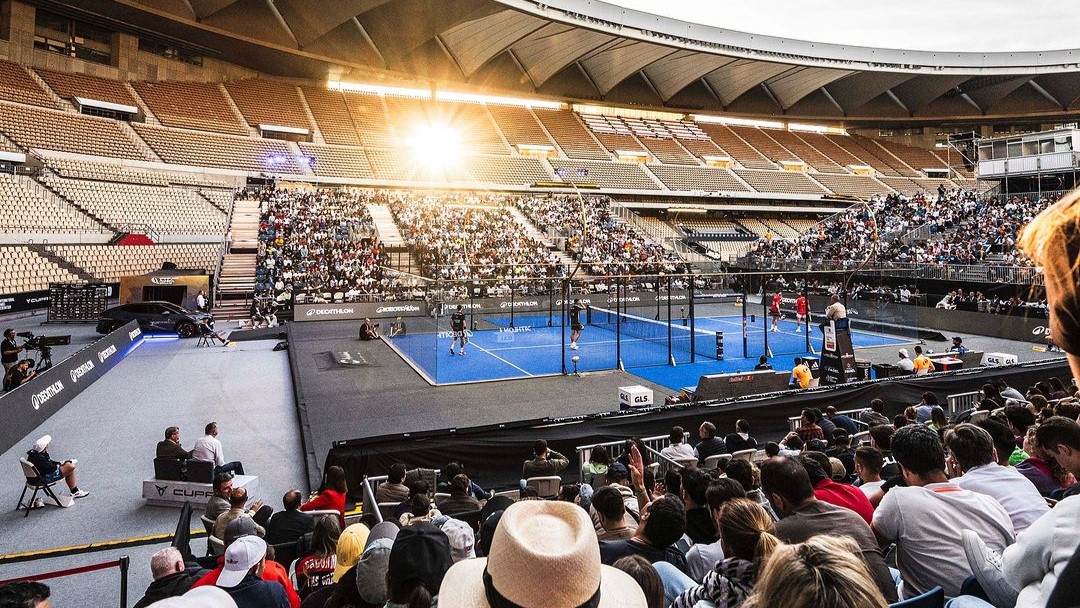 The indefensible “Par 4”: a rule that spoils the spectacle padel ?
The indefensible “Par 4”: a rule that spoils the spectacle padel ?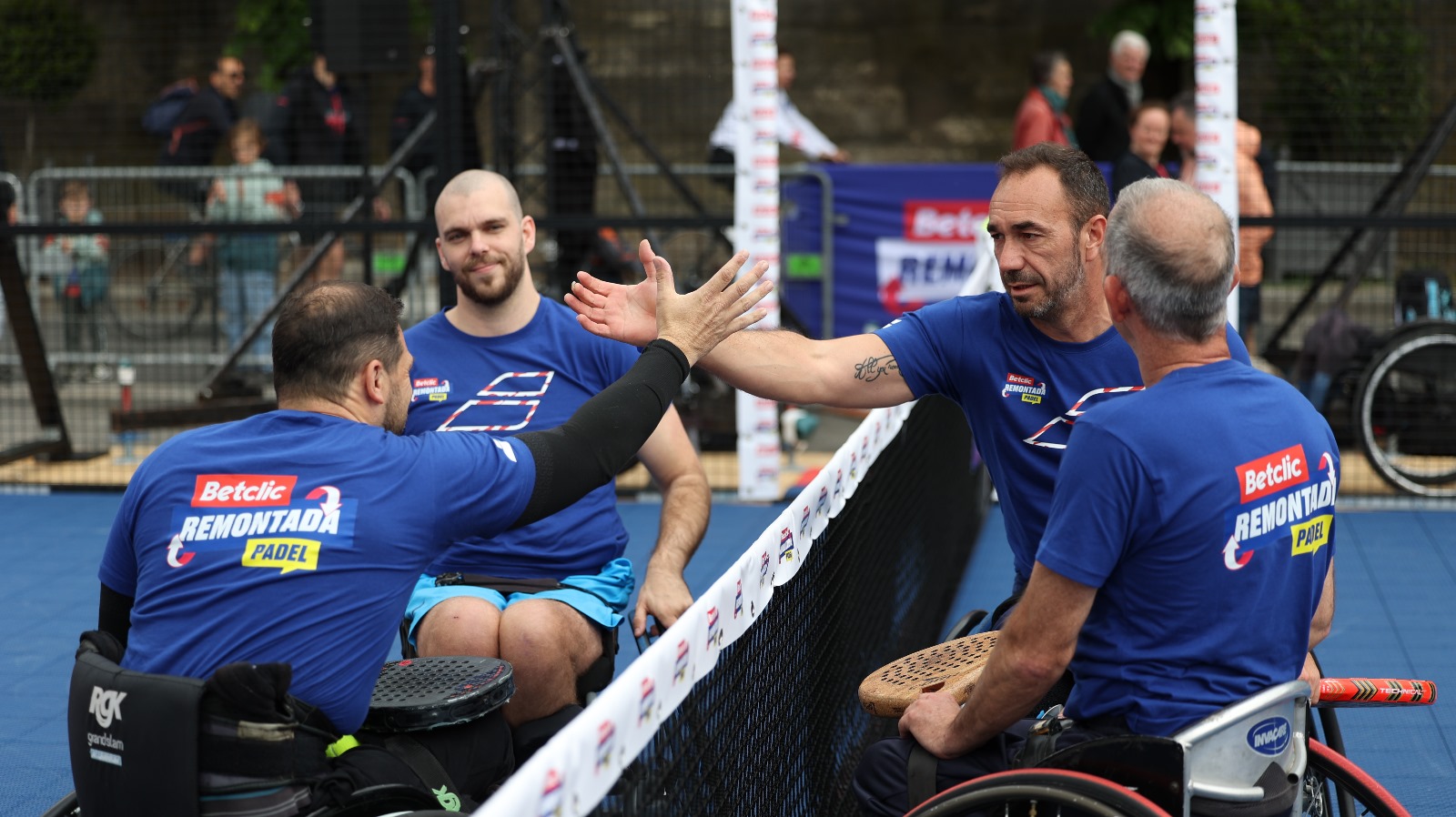 Padel armchair: France tickles Spain
Padel armchair: France tickles Spain Joffrey Gilant: “In France, one in four rackets is purchased on Esprit Padel Shop!”
Joffrey Gilant: “In France, one in four rackets is purchased on Esprit Padel Shop!” Babolat : "The padel goes beyond badminton, Lebron’s pala makes Par 3s all by itself…”
Babolat : "The padel goes beyond badminton, Lebron’s pala makes Par 3s all by itself…” Betclic Remontada Padel : offer an exceptional setting to ordinary players
Betclic Remontada Padel : offer an exceptional setting to ordinary players Sevilla Premier Padel P2 – Brea and Gonzalez sign the comeback of the year!
Sevilla Premier Padel P2 – Brea and Gonzalez sign the comeback of the year! Paquito Navarro in tears in Seville and hopes to return in 2025…
Paquito Navarro in tears in Seville and hopes to return in 2025… The victory of Stupa/Di Nenno in statistics
The victory of Stupa/Di Nenno in statistics Premier Padel Sevilla P2 – Stupaczuk and Di Nenno in the final after an epic match
Premier Padel Sevilla P2 – Stupaczuk and Di Nenno in the final after an epic match Business plan padel : the 5 key points
Business plan padel : the 5 key points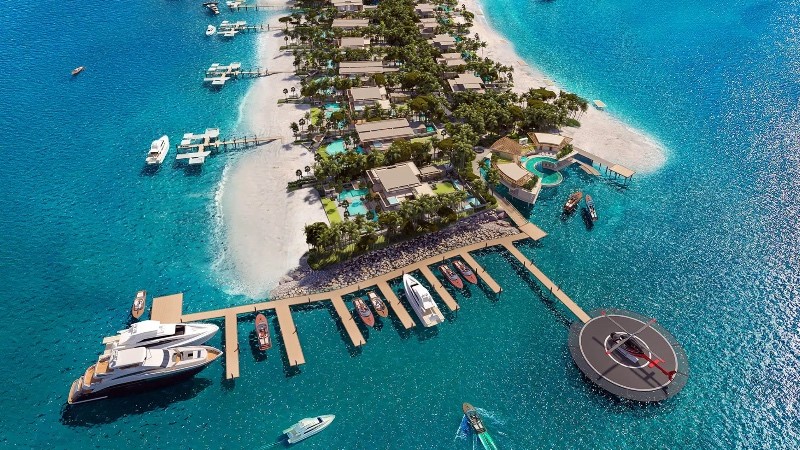 Ultra-luxurious residences with ski slopes padel floating in Dubai
Ultra-luxurious residences with ski slopes padel floating in Dubai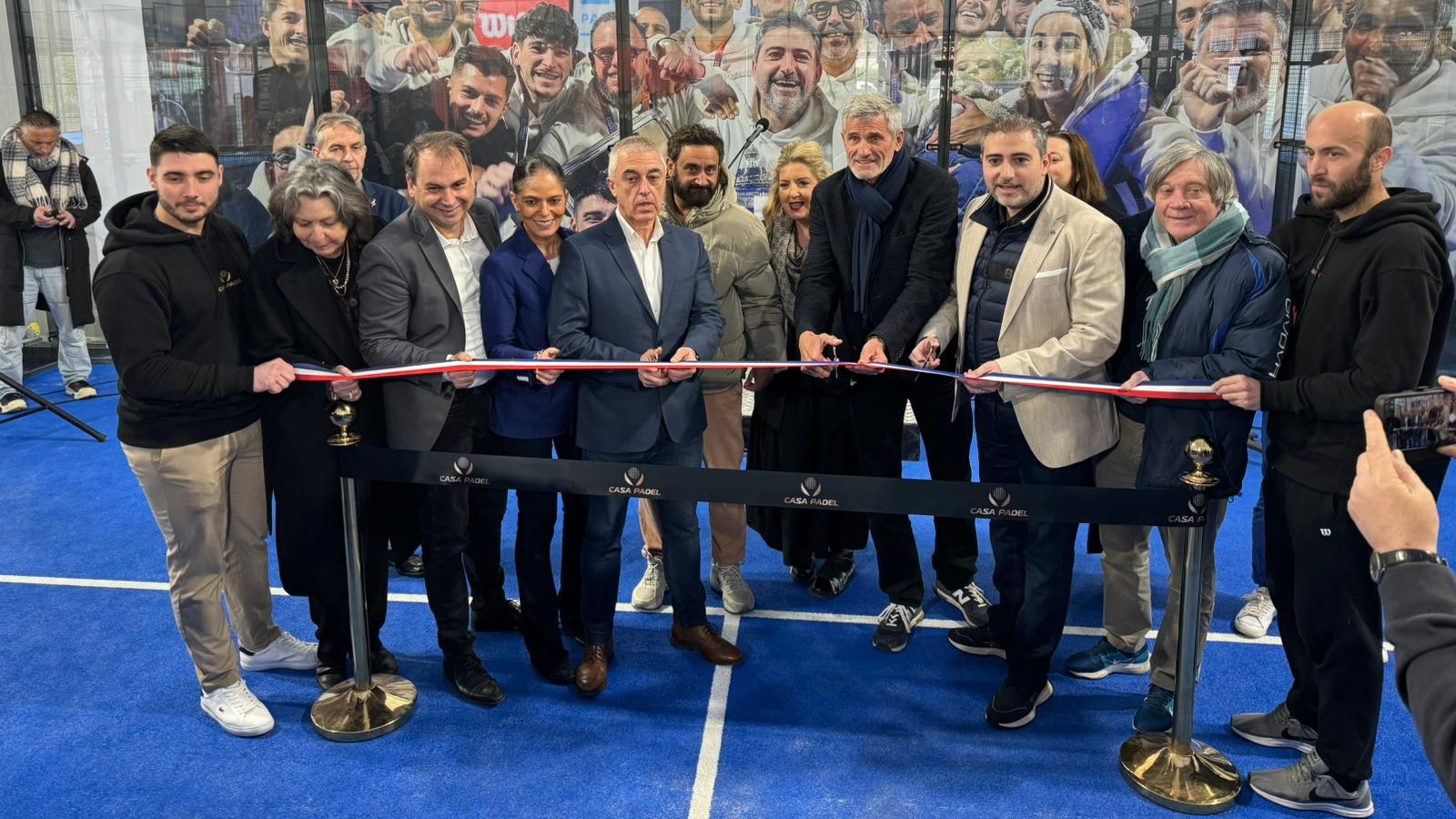 José Manuel Escin at the inauguration of Casa Padel DOS: “Finally, and thank you!”
José Manuel Escin at the inauguration of Casa Padel DOS: “Finally, and thank you!”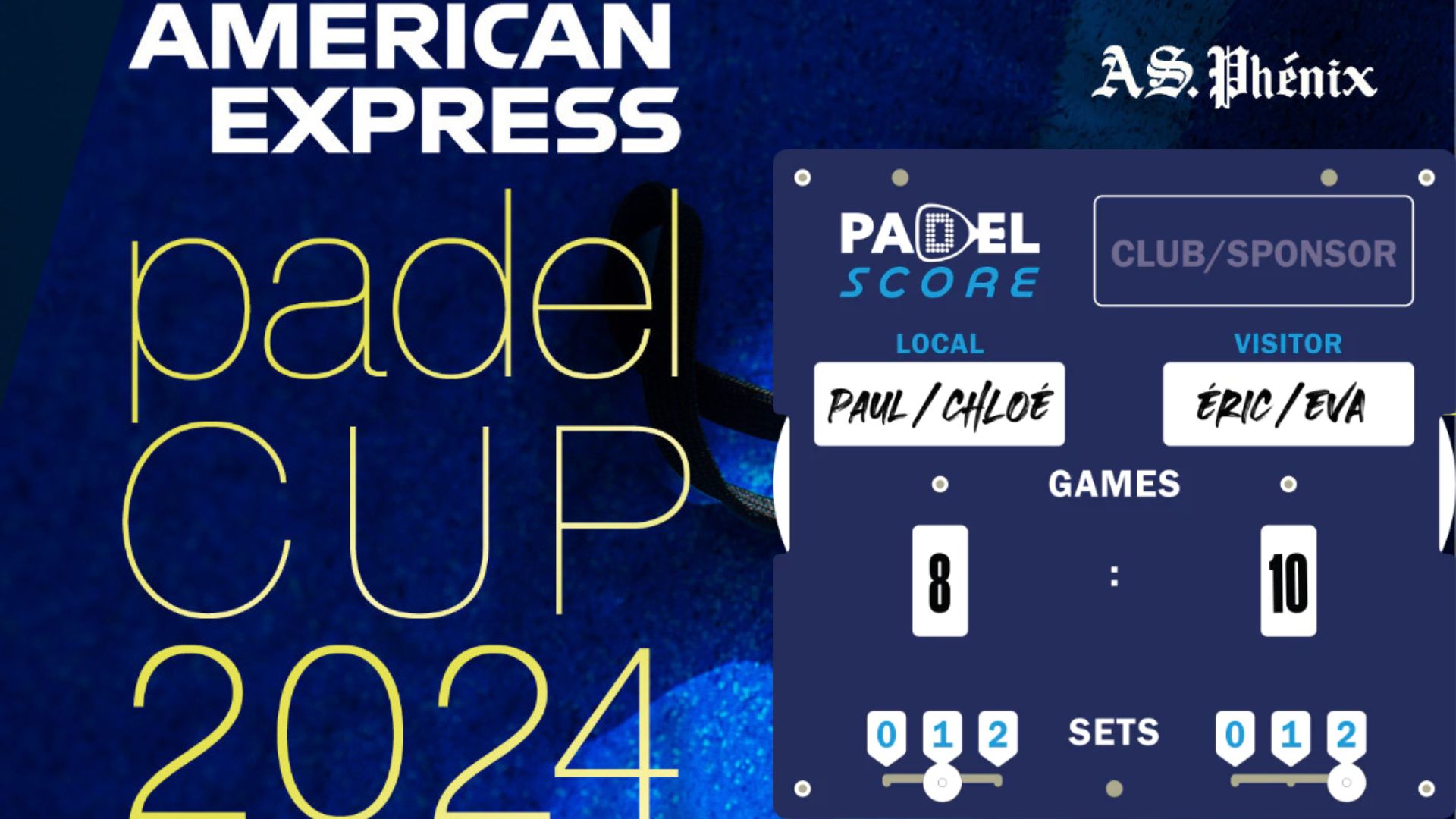 Padel Score comes to Tahiti for American Express Padel Cup!
Padel Score comes to Tahiti for American Express Padel Cup!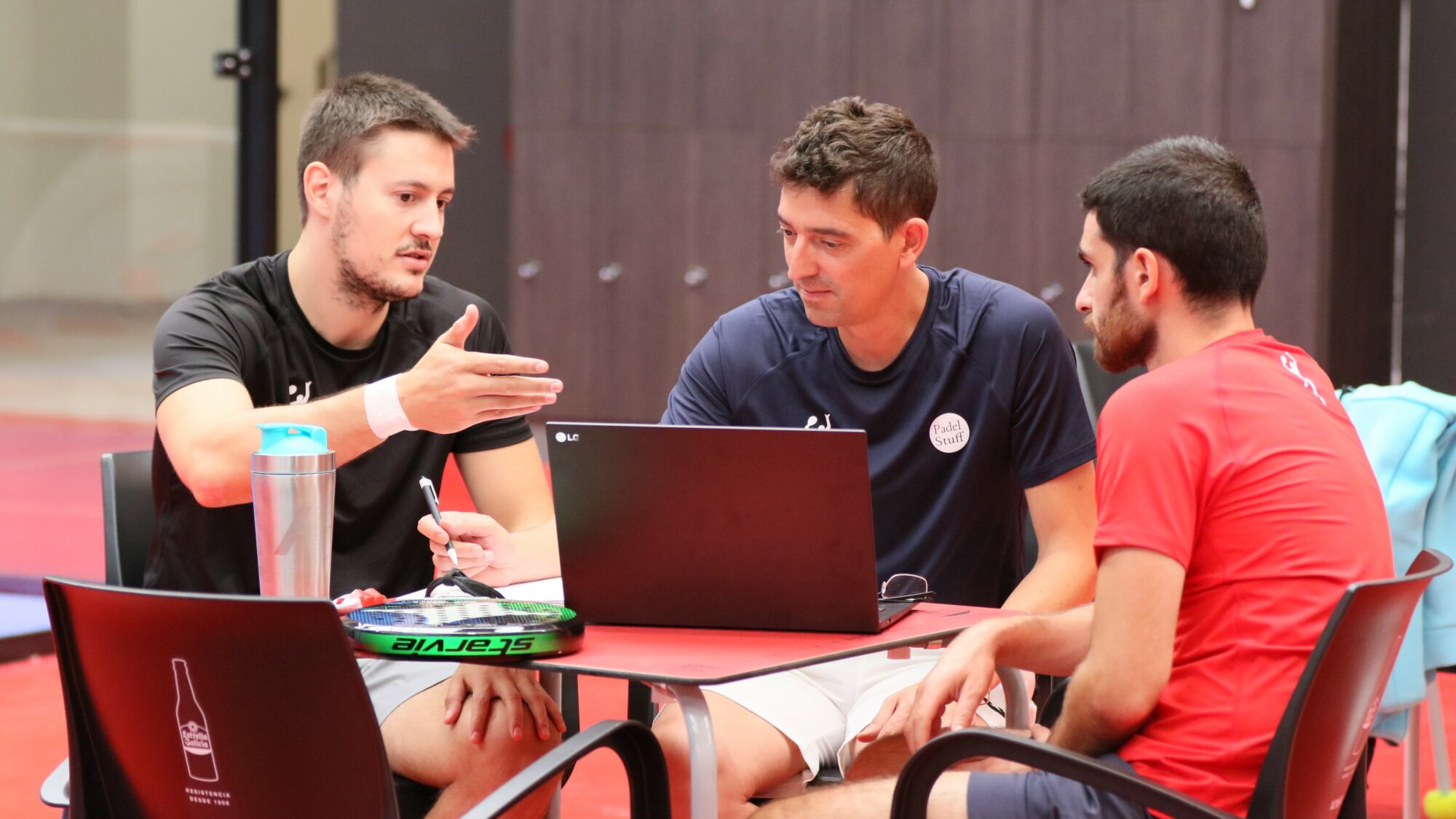 At the heart of padel – Episode 26: the keys to chiquita
At the heart of padel – Episode 26: the keys to chiquita Brussels Premier Padel P2 – the final in stats
Brussels Premier Padel P2 – the final in stats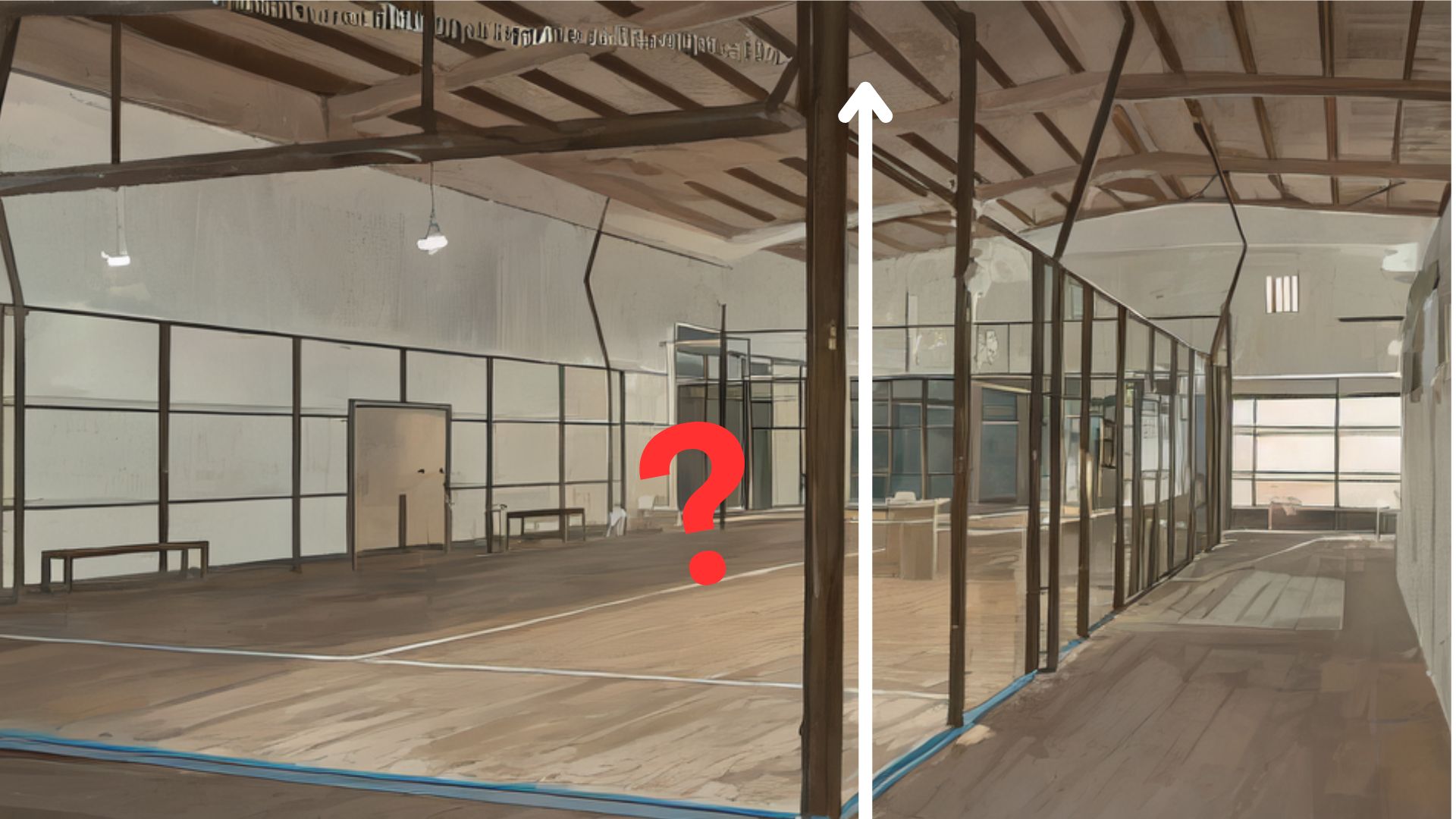 Find out everything about the dimensions of a plot of land padel
Find out everything about the dimensions of a plot of land padel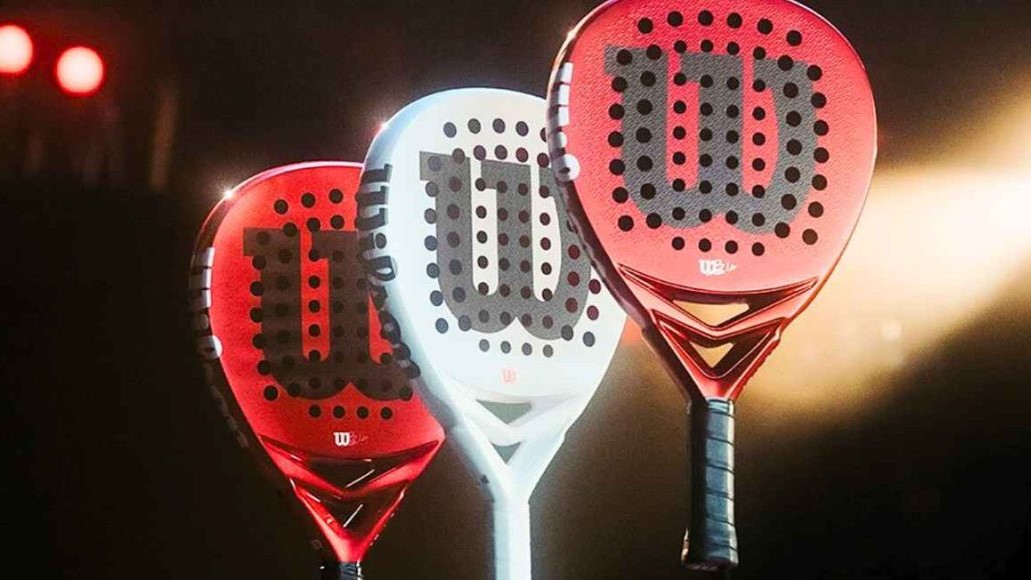 Presentation of the Wilson Bela V2.5 collection
Presentation of the Wilson Bela V2.5 collection What is the “molinete”, Ale Galan’s favorite move?
What is the “molinete”, Ale Galan’s favorite move?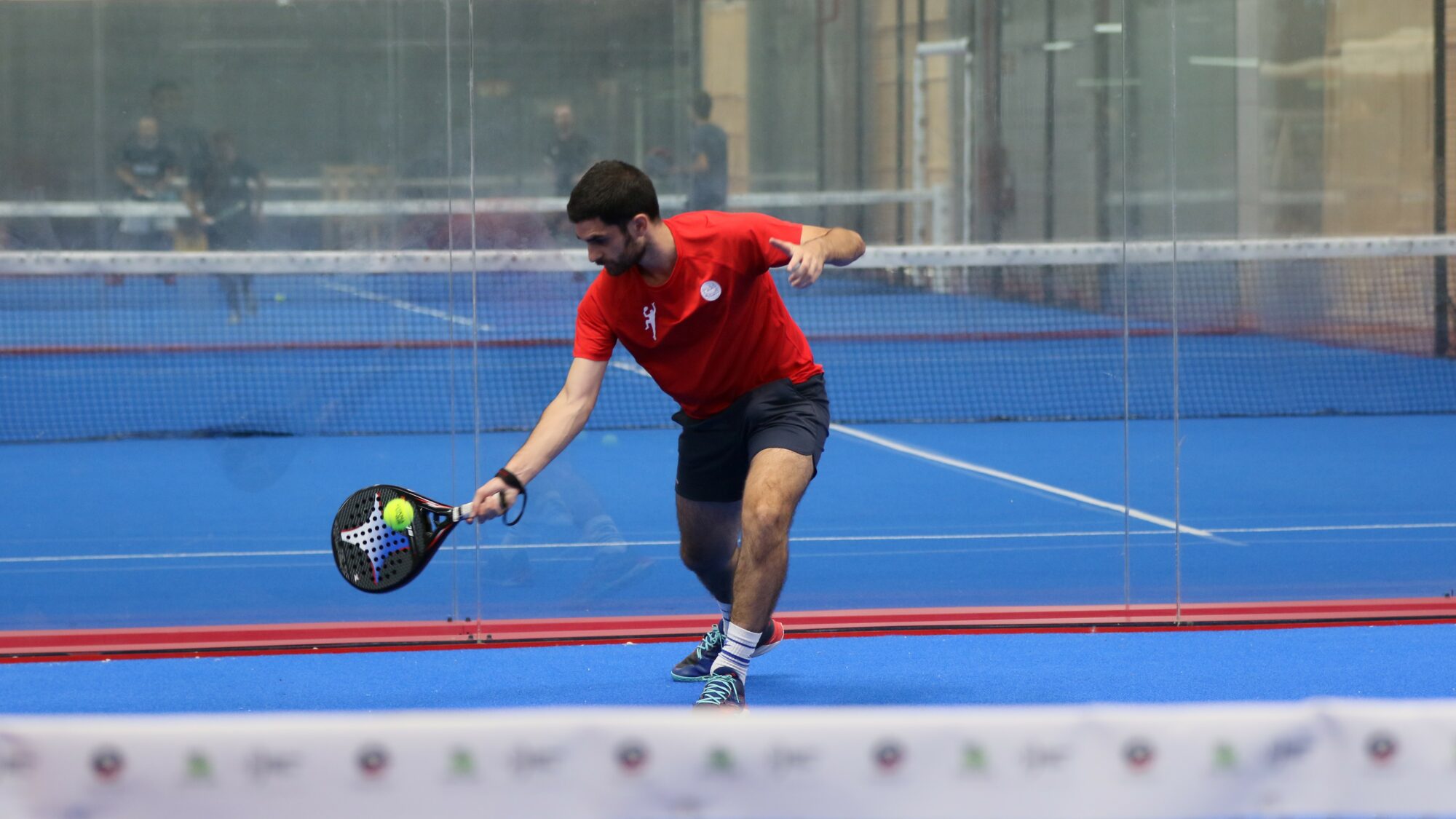 At the heart of padel – Episode 26: the keys to chiquita
At the heart of padel – Episode 26: the keys to chiquita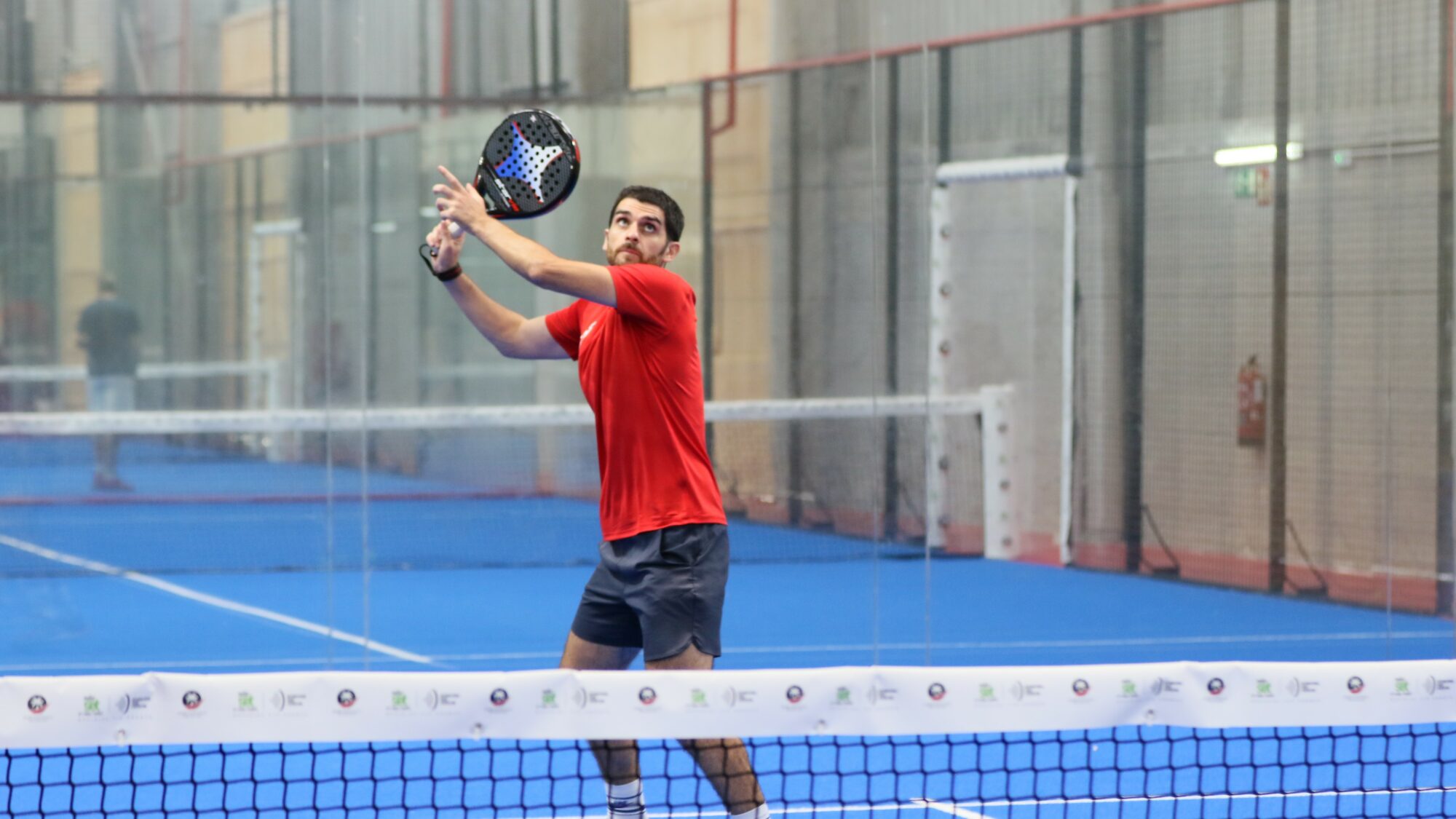 At the heart of padel – Episode 24: Paul Daulan shares the evolution of his bandeja
At the heart of padel – Episode 24: Paul Daulan shares the evolution of his bandeja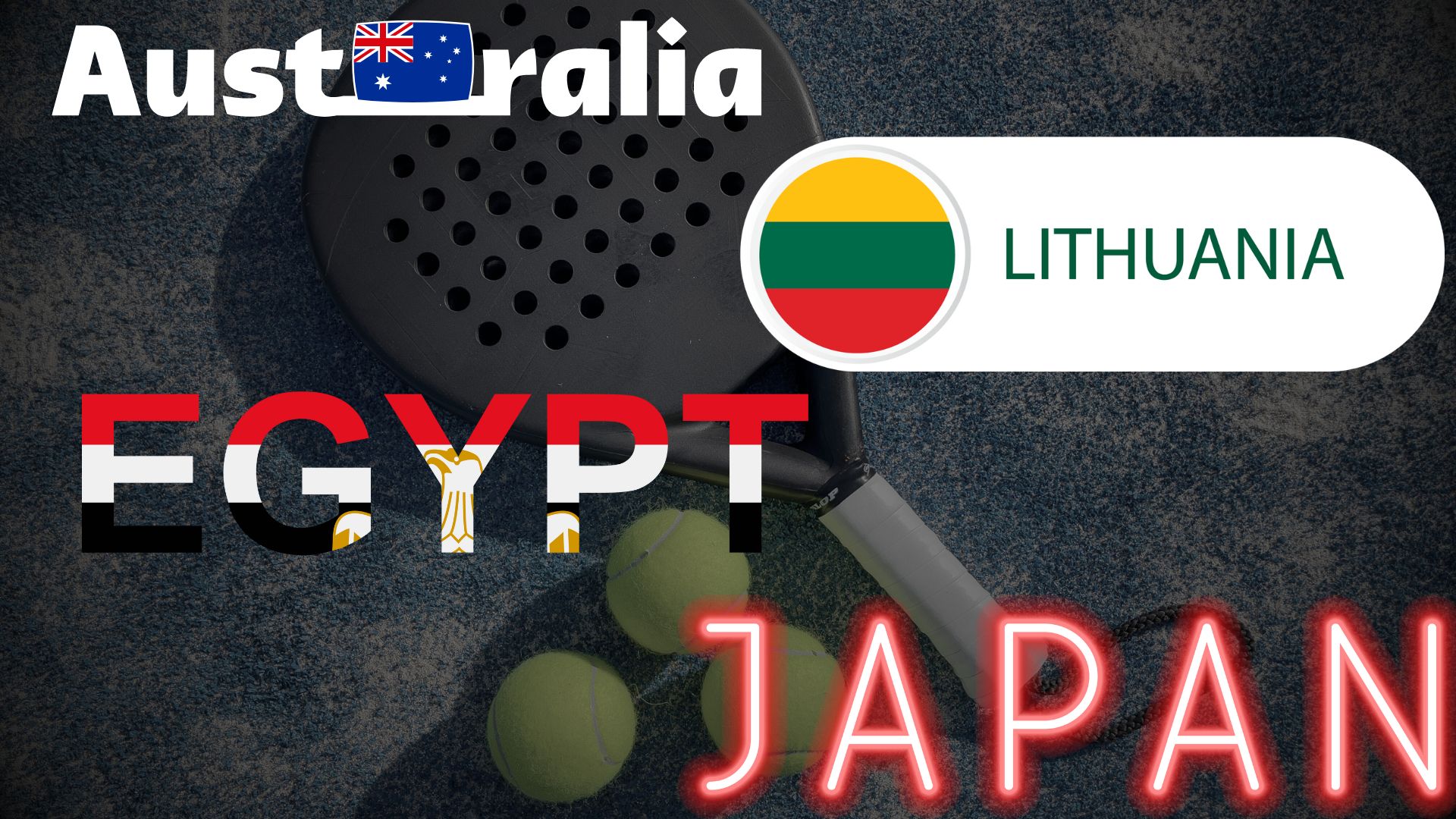 FIP Tour – Going far from Europe, THE strategy to earn points!
FIP Tour – Going far from Europe, THE strategy to earn points!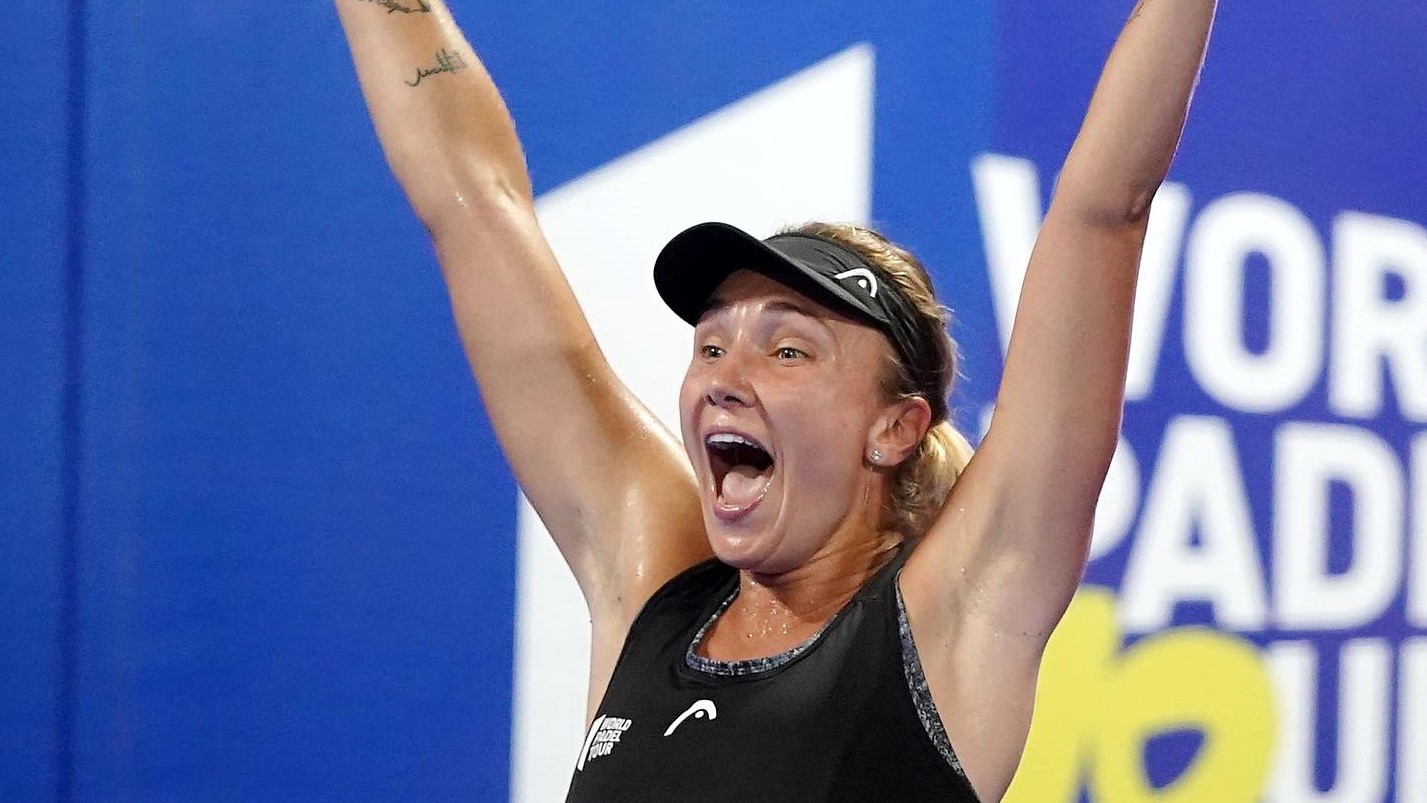 What is a good football player? padel ?
What is a good football player? padel ? “Lefties give me headaches when I play against them!”
“Lefties give me headaches when I play against them!”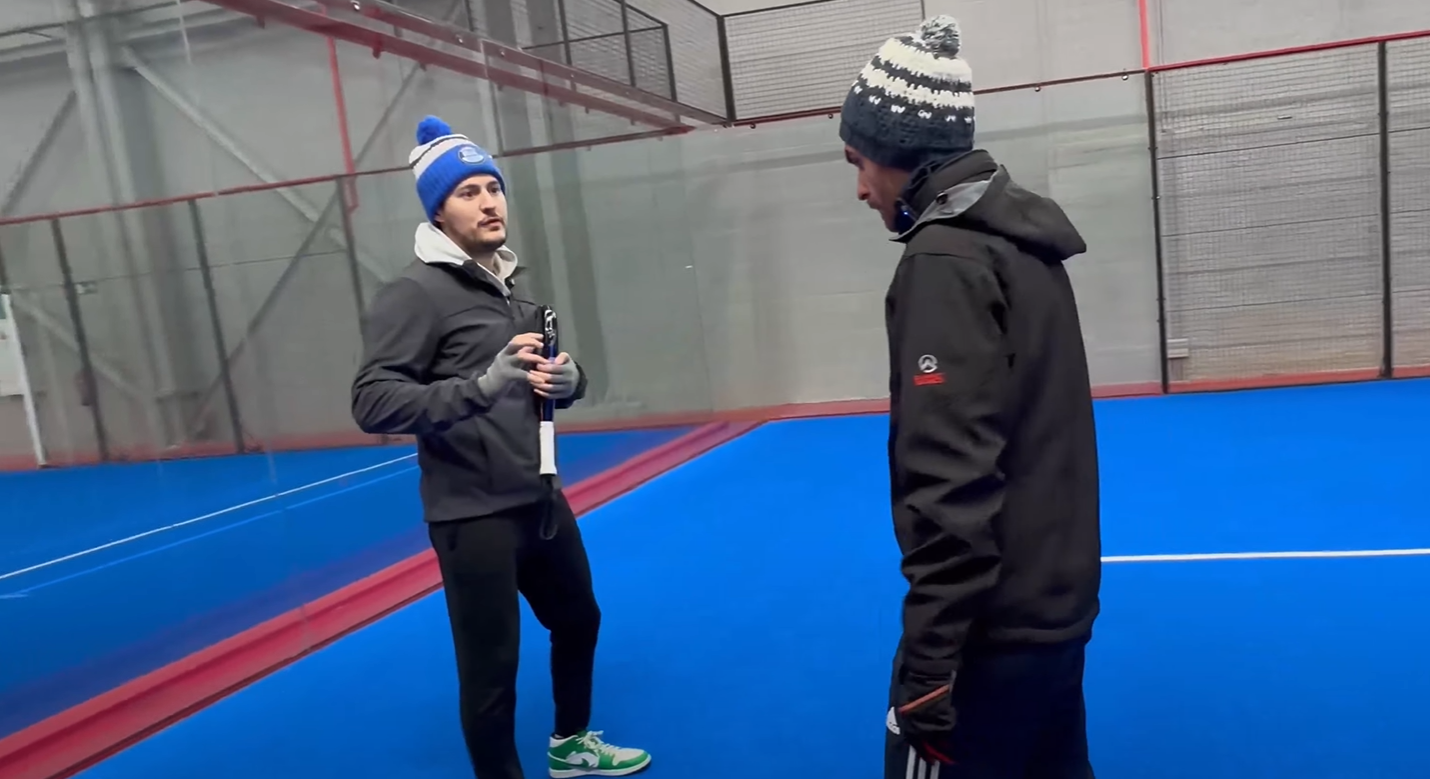 At the heart of padel – Episode 14: how to earn points in winter?
At the heart of padel – Episode 14: how to earn points in winter?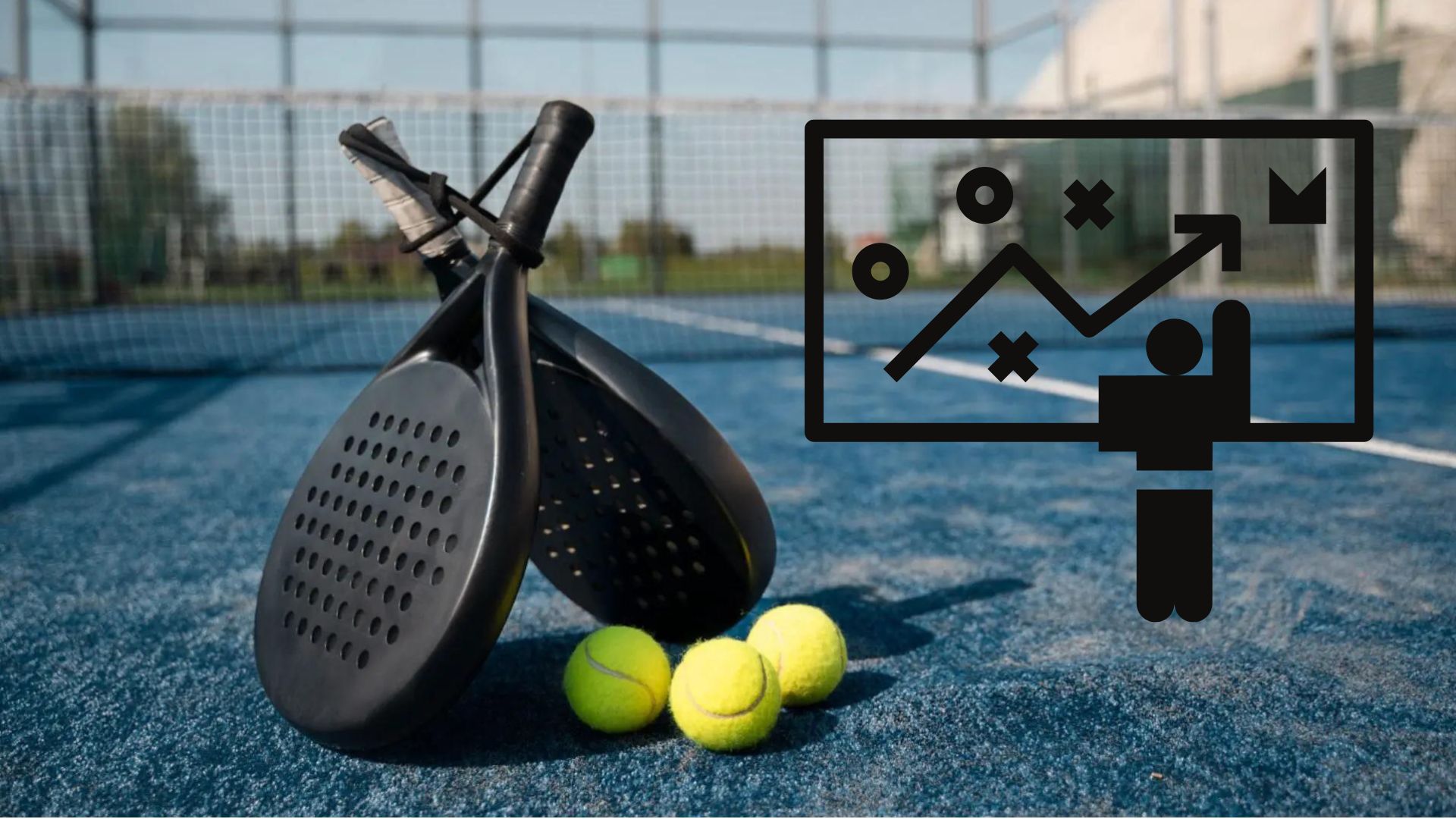 The basic tactics of padel
The basic tactics of padel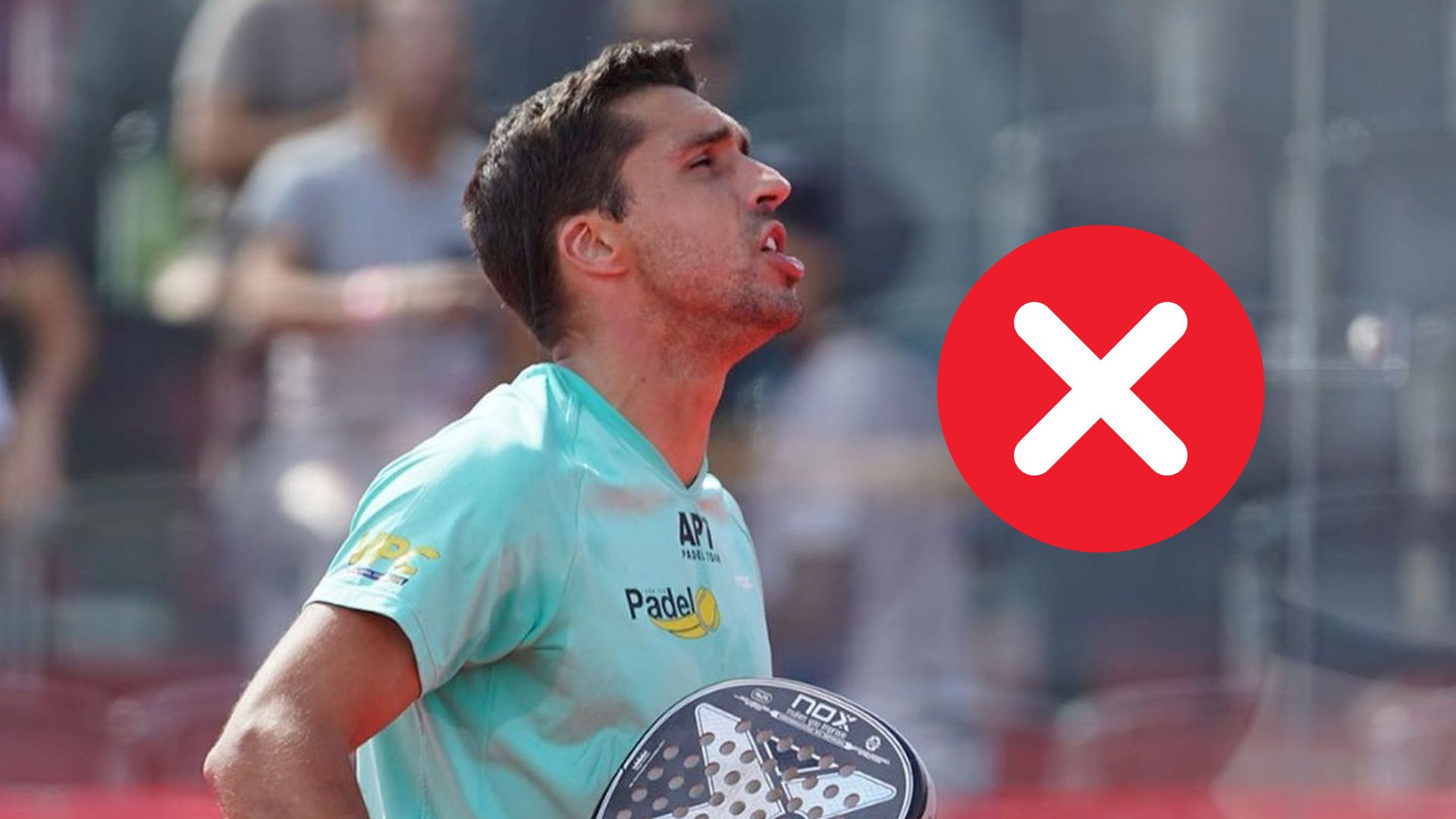 A par 4 is always a winner...even if you manage to defend it!
A par 4 is always a winner...even if you manage to defend it!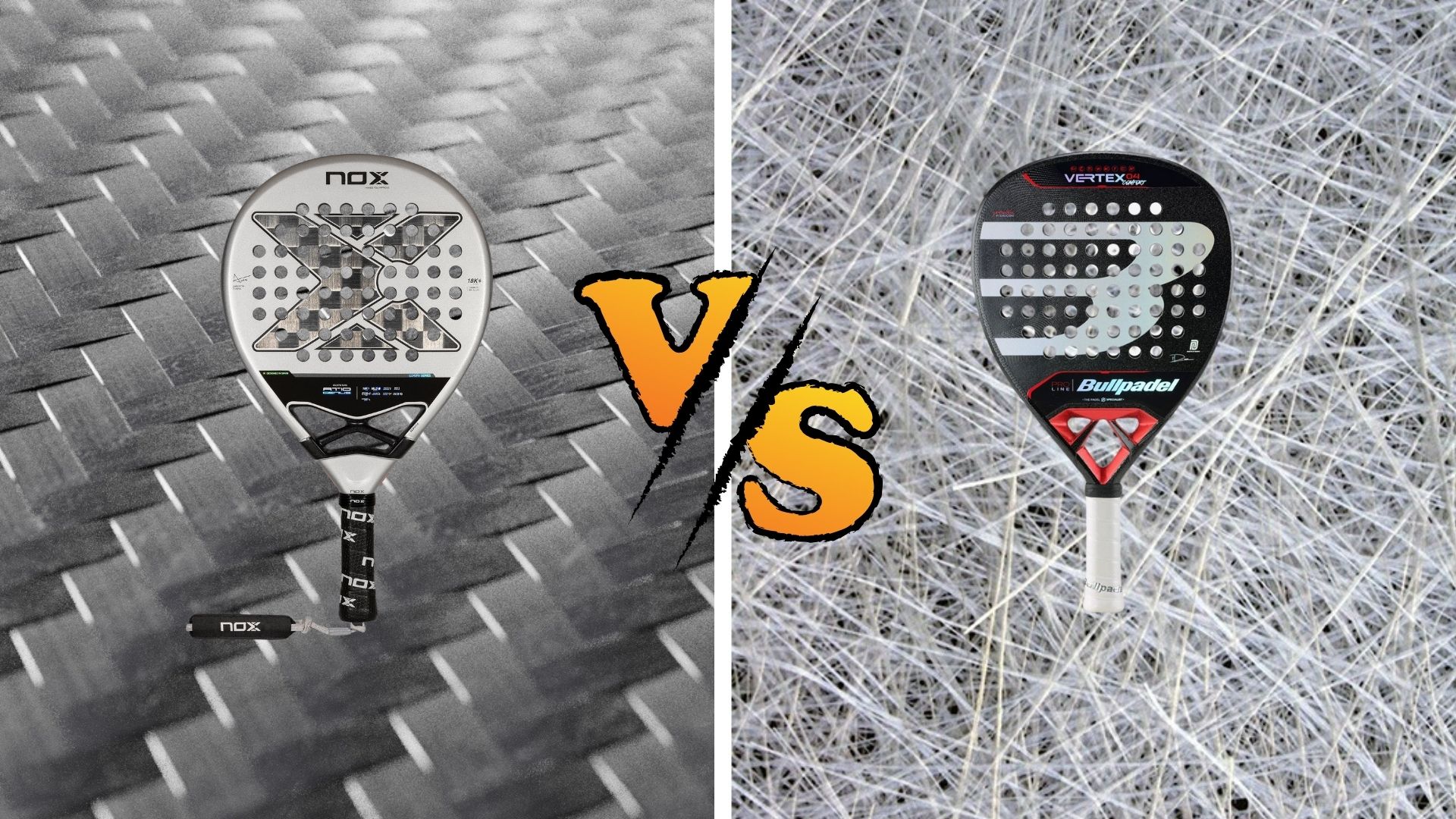 Carbon fiber VS fiberglass: what to choose?
Carbon fiber VS fiberglass: what to choose?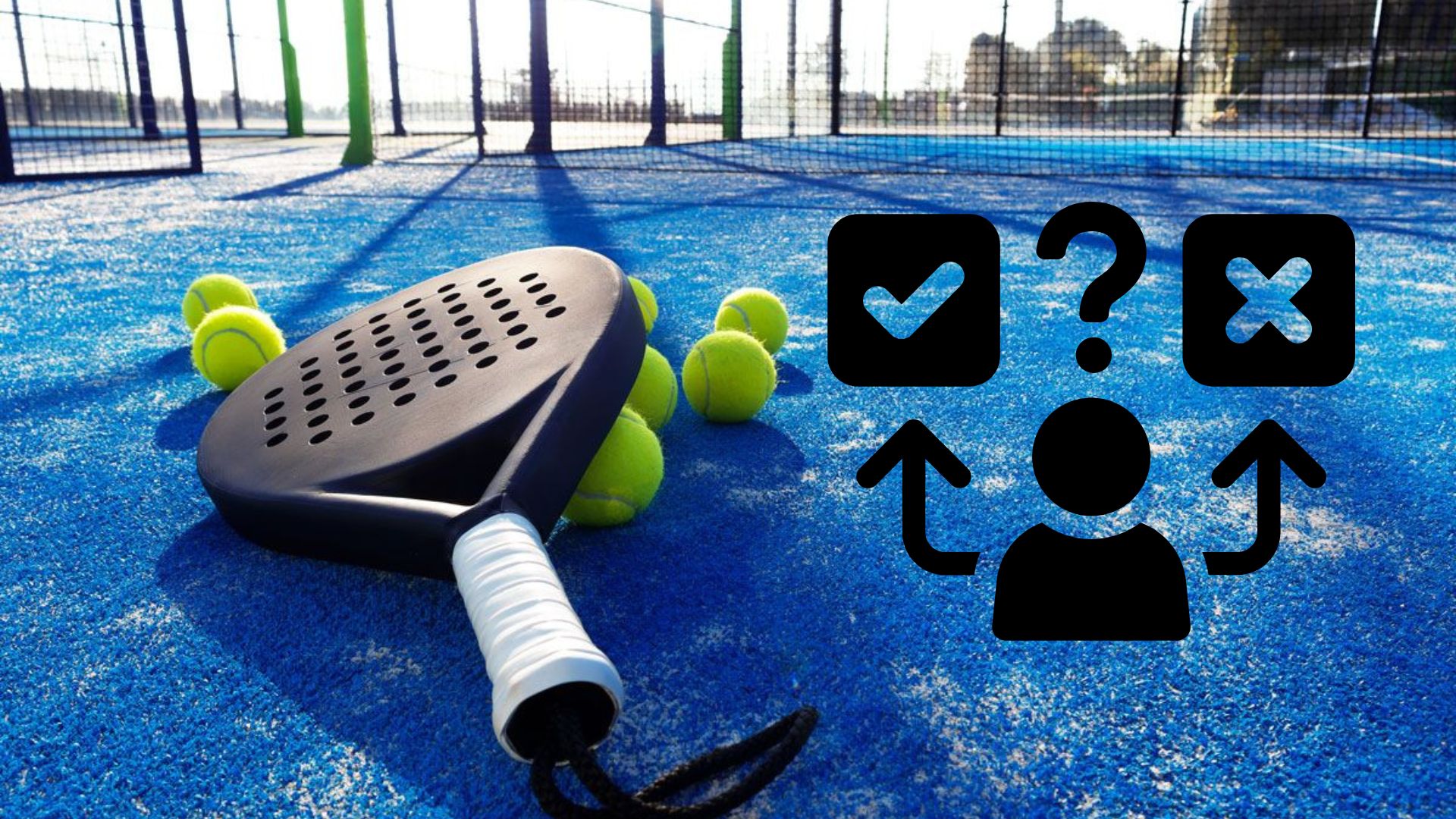 How to effectively test a racket padel ?
How to effectively test a racket padel ?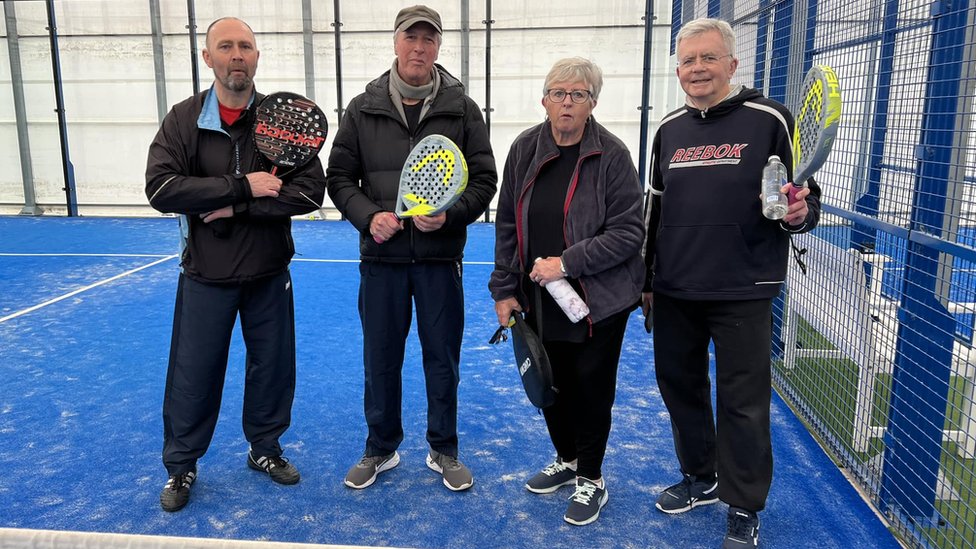 La padel to fight Parkinson's disease
La padel to fight Parkinson's disease Prohibition on playing topless Padel : the reasons
Prohibition on playing topless Padel : the reasons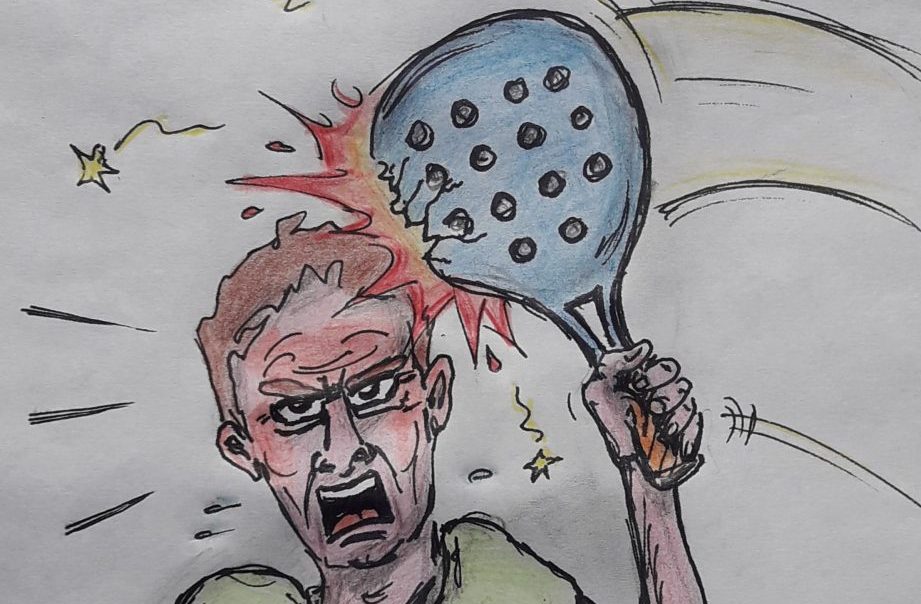 Don't play with a cracked or broken racket, your body will thank you!
Don't play with a cracked or broken racket, your body will thank you! Michel Cymes: “The padel, physically, it’s serious!”
Michel Cymes: “The padel, physically, it’s serious!” Our Top 10 training courses padel in France and Europe
Our Top 10 training courses padel in France and Europe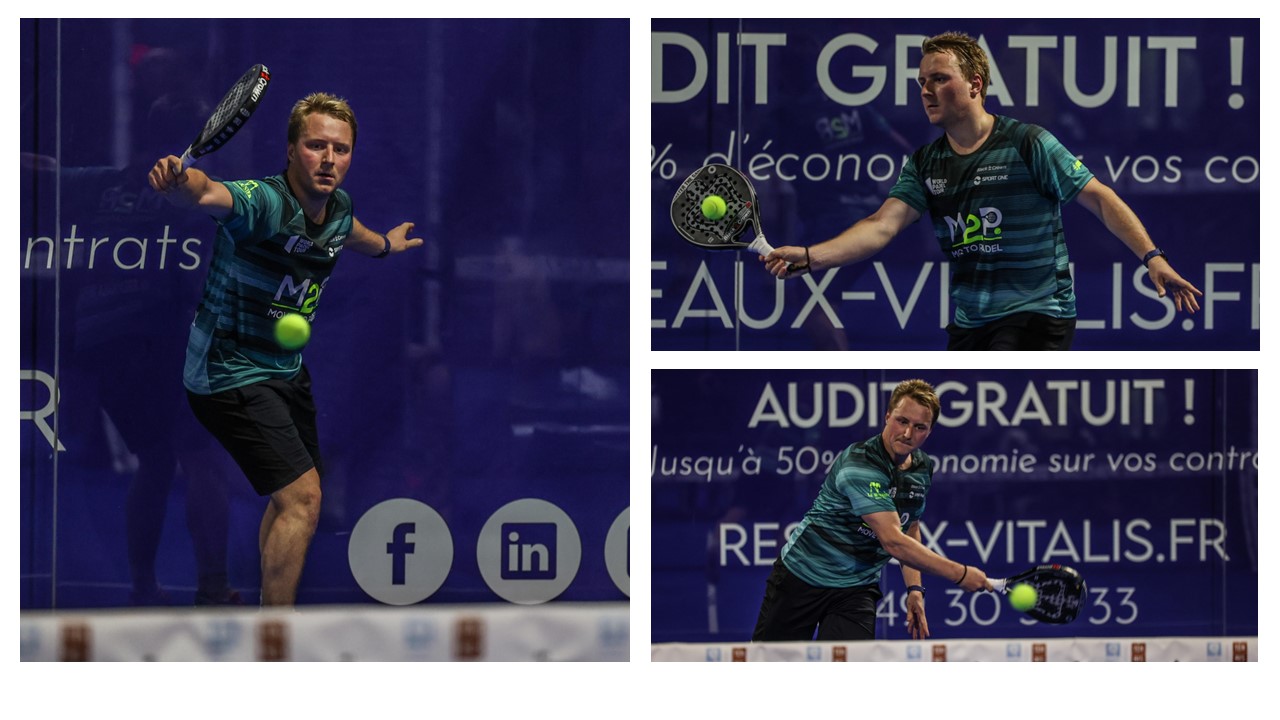 Jeremy Gala: “Promote the padel among young people in Belgium remains a challenge”
Jeremy Gala: “Promote the padel among young people in Belgium remains a challenge” The French Touch Academy organizes its selection day Padel-Study
The French Touch Academy organizes its selection day Padel-Study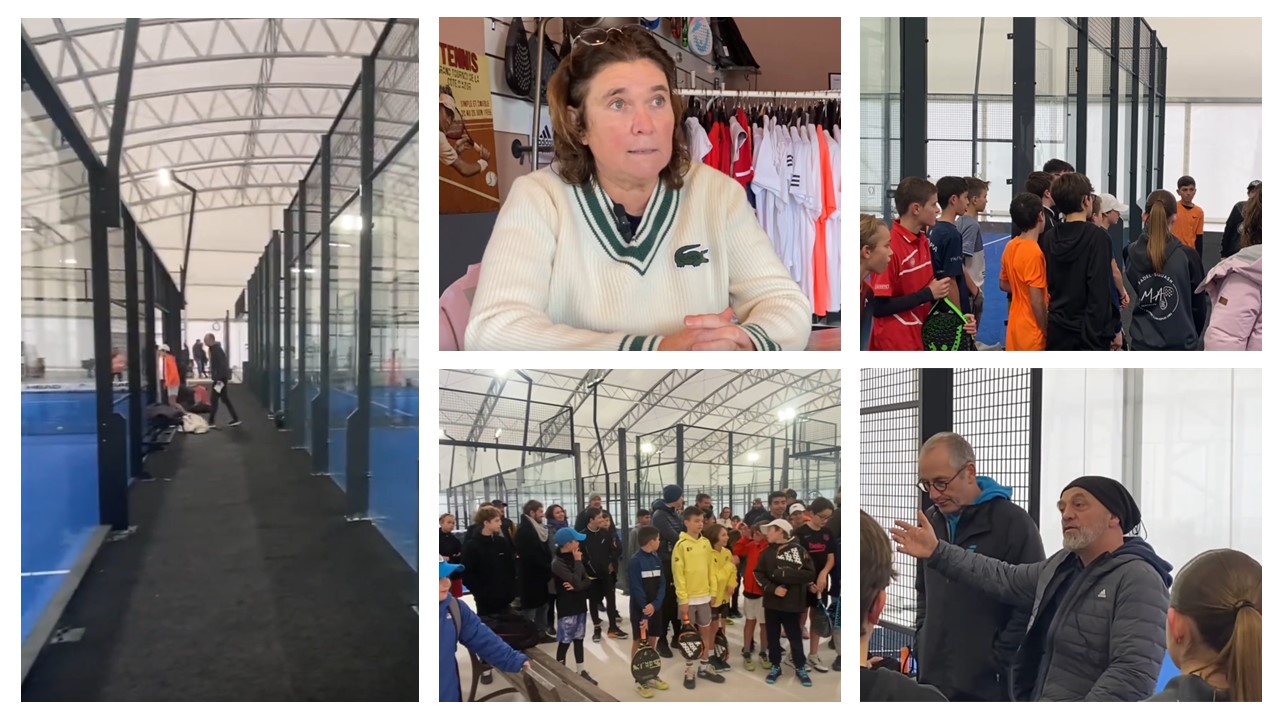 Report on the detection and training of younger generations
Report on the detection and training of younger generations